

Chloroform is a clear, volatile, and dense liquid used extensively as a non-flammable solvent. It is a chlorinated hydrocarbon with excellent solvating power for organic molecules and polymers. Once used as an anesthetic, it is now primarily found in laboratory, pharmaceutical, and industrial applications such as DNA/RNA extraction, dye manufacturing, and chemical synthesis.


Chloroform is a clear, volatile, and dense liquid used extensively as a non-flammable solvent. It is a chlorinated hydrocarbon with excellent solvating power for organic molecules and polymers. Once used as an anesthetic, it is now primarily found in laboratory, pharmaceutical, and industrial applications such as DNA/RNA extraction, dye manufacturing, and chemical synthesis.

.3d8f8f41.svg)
Industrial Chemicals
.3556d45a.svg)

Base Chemicals & Intermediates


Chlorinated Hydrocarbons
.7767eb0f.png)

Chemical Properties & Specifications
Used as a reaction medium in active pharmaceutical ingredient (API) synthesis.
Crucial component in phenol:chloroform extraction for isolating DNA/RNA.
Solvent for cellulose esters, fats, alkaloids, and rubber processing.
Used for intermediate purification and solvating colorant molecules.
*Available in bulk for formulation plants, R&D institutions, and chemical reactors *Suitable for both analytical and preparative chromatography processes *Common grades include stabilized (with ethanol) and unstabilized chloroform
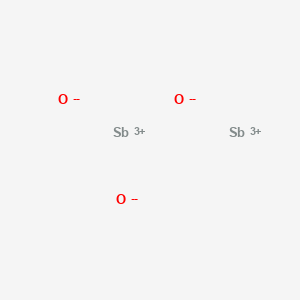
CAS No. : 1309-64-4
Category : Synergists & Smoke Suppressants
Sub-Category : Antimony-based synergists
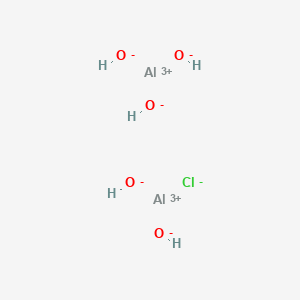
CAS No. : 1327-41-9
Category : Inorganic Chemicals
Sub-Category : Metal-Based Coagulants
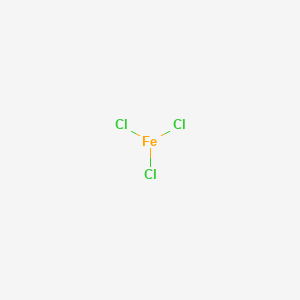
CAS No. : 7705-08-0
Category : Inorganic Chemicals
Sub-Category : Metal-Based Coagulants
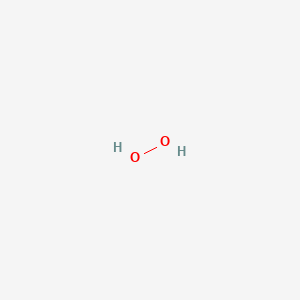
CAS No. : 7722-84-1
Category : Inorganic Chemicals
Sub-Category : Peroxides & Oxidizing Agents
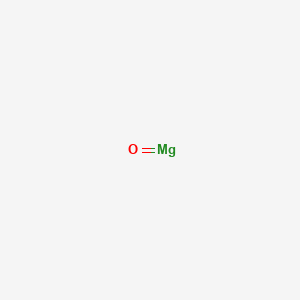
CAS No. : 1309-48-4
Category : Inorganic Chemicals
Sub-Category : Active Pharmaceutical Ingredients (APIs)
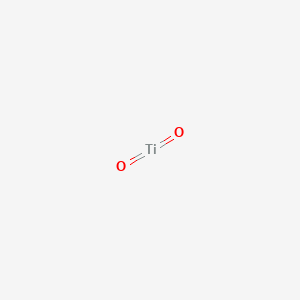
CAS No. : 13463-67-7
Category : Pigments & Colorants
Sub-Category : Inorganic Pigments
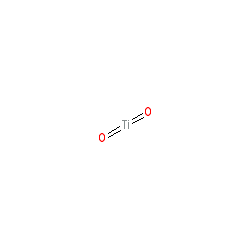
CAS No. : 13463-67-7
Category : Pigments & Colorants
Sub-Category : Inorganic Pigments
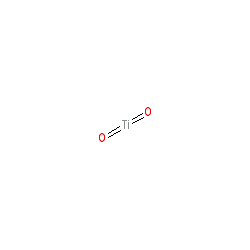
CAS No. : 13463-67-7
Category : Pigments & Colorants
Sub-Category : Inorganic Pigments
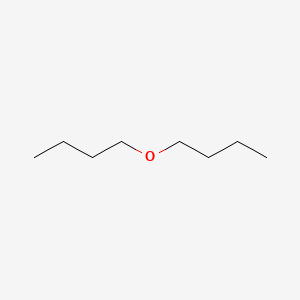
CAS No. : 142-96-1
Category : Solvents & Carriers
Sub-Category : Ethers & Ether-Based Solvents
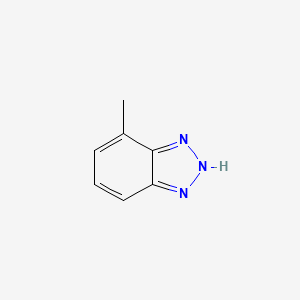
CAS No. : 29385-43-1
Category : Specialty Polymers & Additives
Sub-Category : Corrosion Inhibitor Additives
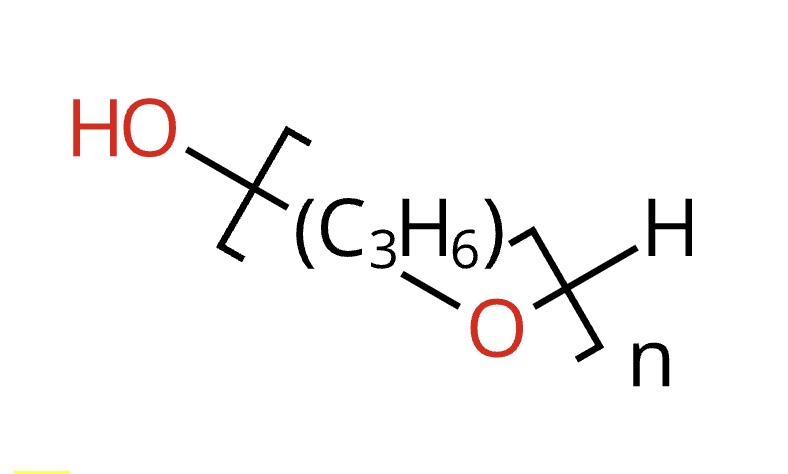
CAS No. : 25322-69-4
Category : Specialty Polymers & Additives
Sub-Category : Polyether Polyols
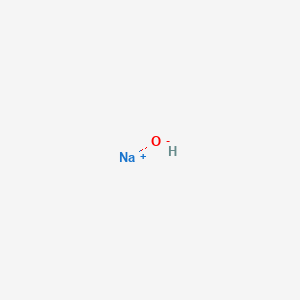
CAS No. : 1310-73-2
Category : Inorganic Chemicals
Sub-Category : Acidulants & Acidity Regulators
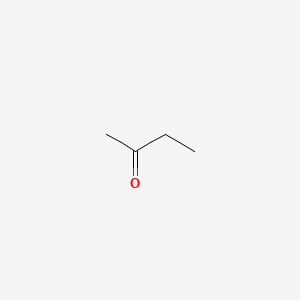
CAS No. : 78-93-3
Category : Base Chemicals & Intermediates
Sub-Category : Ketones & Solvents
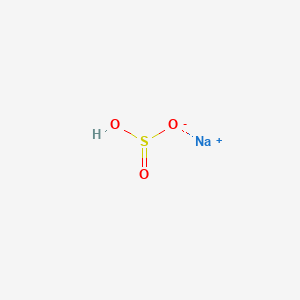
CAS No. : 7631-90-5
Category : Inorganic Chemicals
Sub-Category : Sulfur-Based Compounds
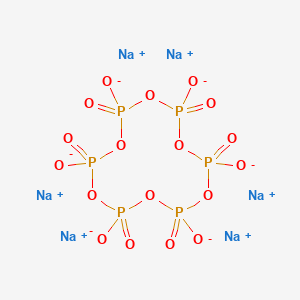
CAS No. : 10124-56-8
Category : Inorganic Chemicals
Sub-Category : Phosphate Compounds
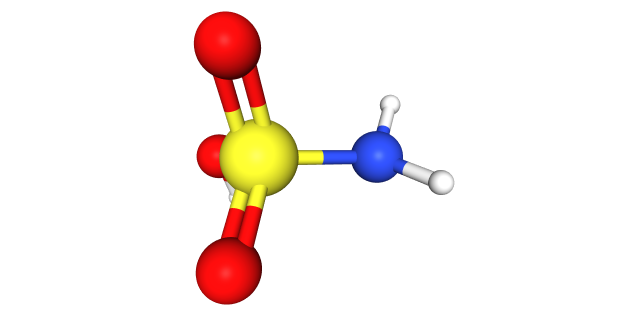
CAS No. : 5329-14-6
Category : Inorganic Chemicals
Sub-Category : Acid Derivatives
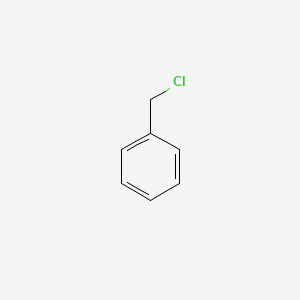
CAS No. : 100-44-7
Category : Organic Intermediates
Sub-Category : Chlorinated Aromatic Compounds
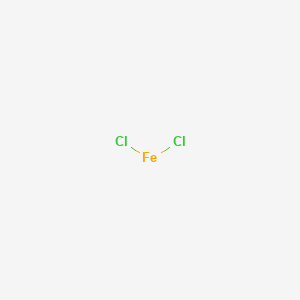
CAS No. : 7758-94-3
Category : Inorganic Chemicals
Sub-Category : N/A

CAS No. : 1314-13-2
Category : Inorganic Chemicals
Sub-Category : N/A
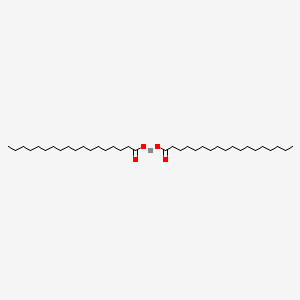
CAS No. : 136-53-8
Category : Inorganic Chemicals
Sub-Category : Metal Carboxylates
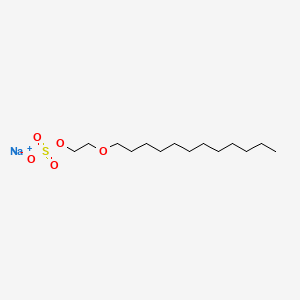
CAS No. : 9004-82-4
Category : Surfactants
Sub-Category : Anionic (Ether sulfates)
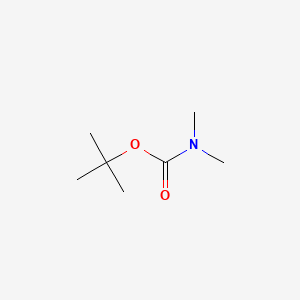
CAS No. : 61788-93-0
Category : Surfactants & Emulsifiers
Sub-Category : Fatty Amines
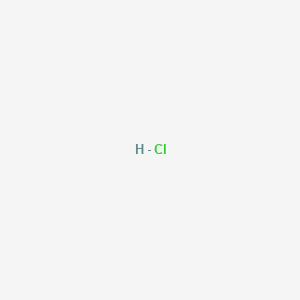
CAS No. : 7647-01-0
Category : Inorganic Acids
Sub-Category : Mineral Acids
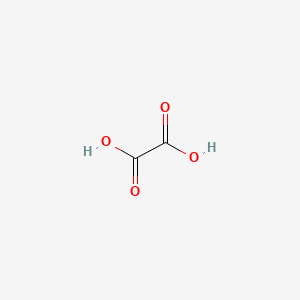
CAS No. : 144-62-7
Category : Organic Acid Derivatives
Sub-Category : Dicarboxylic Acids
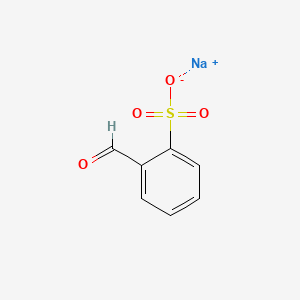
CAS No. : 17465-11-3
Category : Organic Intermediates
Sub-Category : Aromatic Sulfonates

CAS No. : 7704-34-9
Category : Inorganic Chemicals
Sub-Category : Sulfur & Derivatives
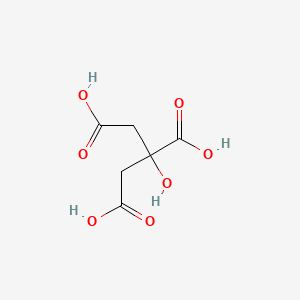
CAS No. : 77-92-9
Category : Food Ingredients
Sub-Category : Flavor Enhancers
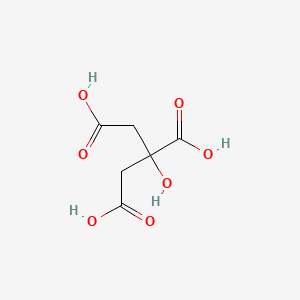
CAS No. : 77-92-9
Category : Food Ingredients
Sub-Category : Flavor Enhancers
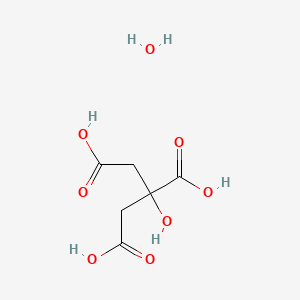
CAS No. : 5949-29-1
Category : Food Ingredients
Sub-Category : Flavor Enhancers

CAS No. : 7631-90-5
Category : Inorganic Chemicals
Sub-Category : Sulfur-Based Compounds

CAS No. : 10124-56-8
Category : Inorganic Chemicals
Sub-Category : Phosphate Compounds
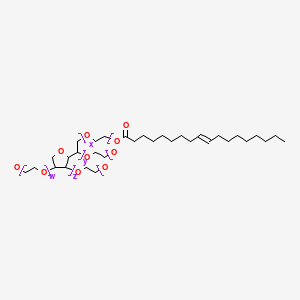
CAS No. : 9005-65-6
Category : Surfactants & Emulsifiers
Sub-Category : N/A
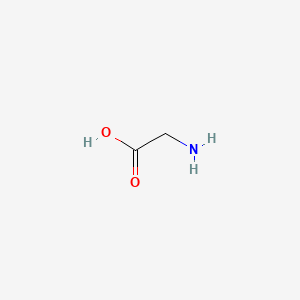
CAS No. : 56-40-6
Category : Nutraceutical Ingredients
Sub-Category : Amino Acids & Proteins
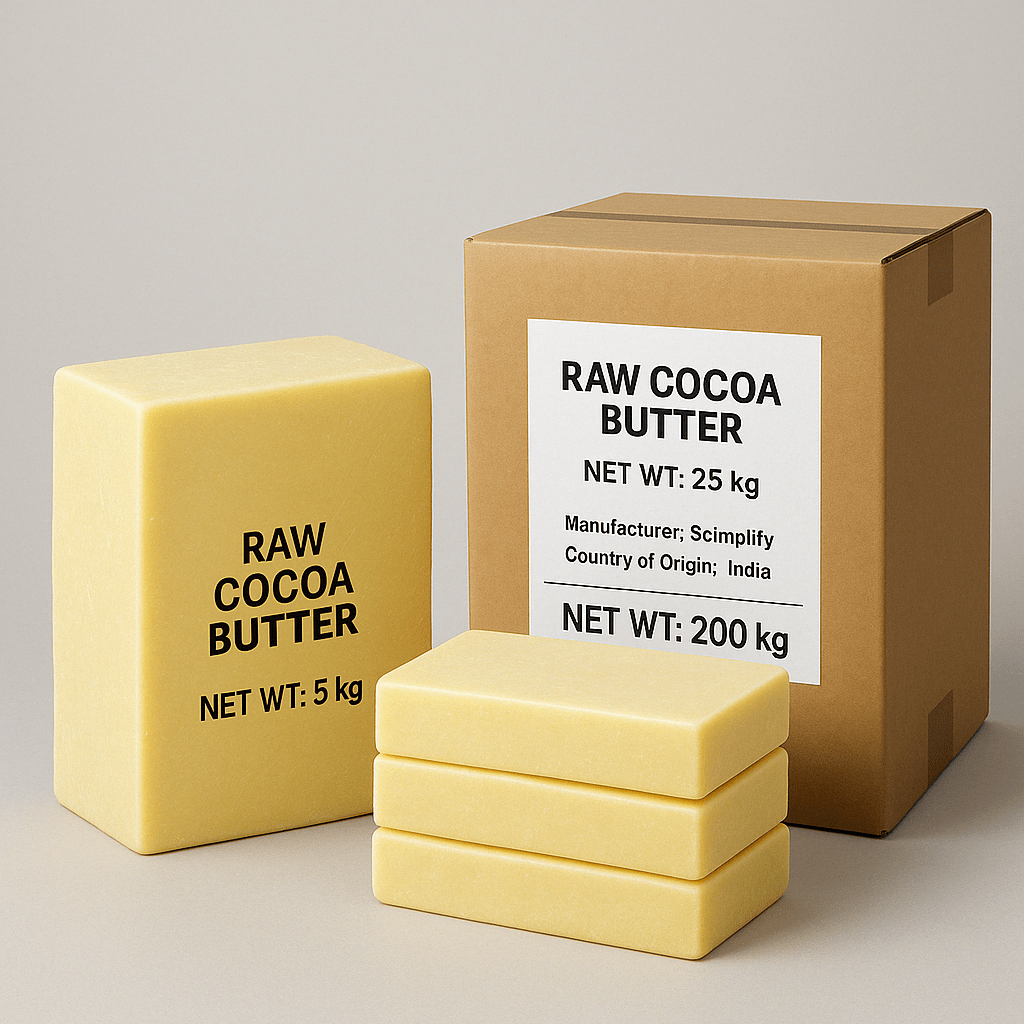
CAS No. : 8002-31-1
Category : Food Ingredients
Sub-Category : Cocoa & Chocolate Derivatives
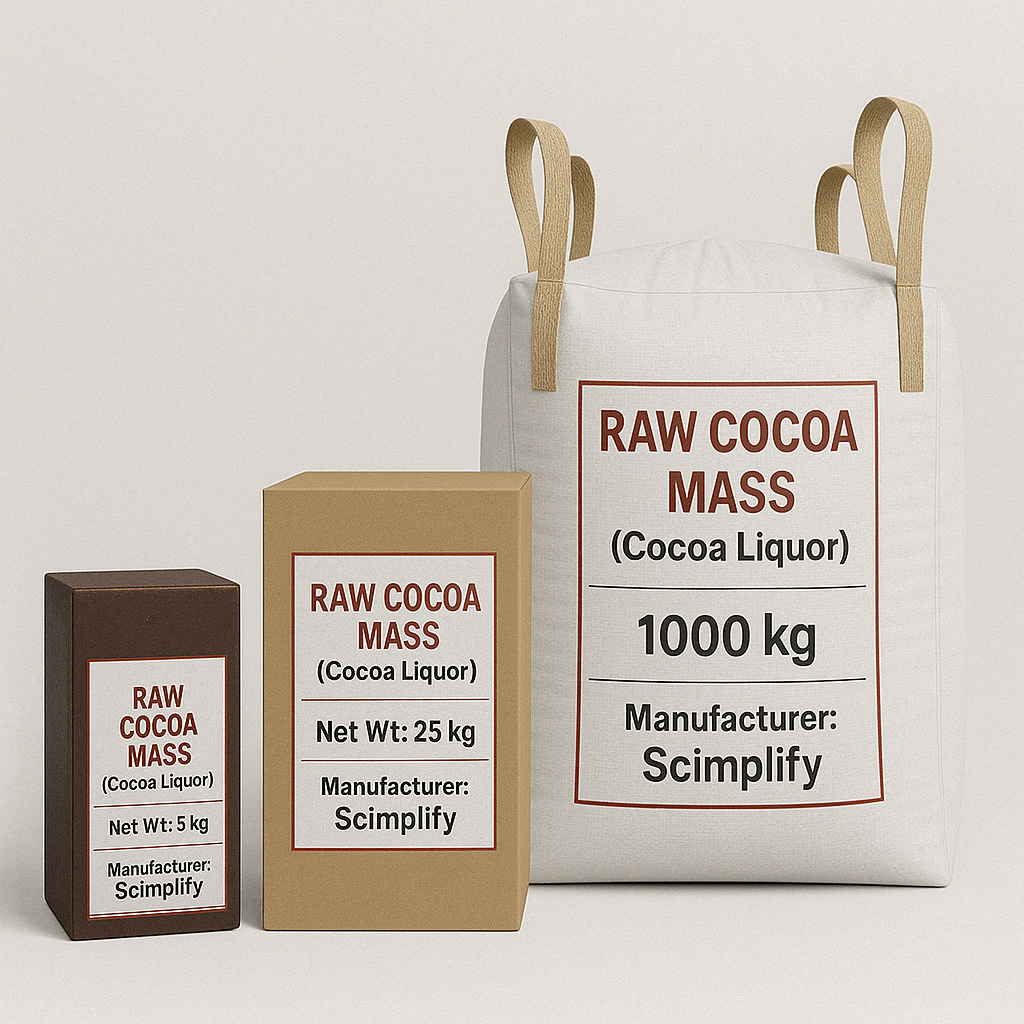
CAS No. : 84649-99-0
Category : Food Ingredients
Sub-Category : Cocoa & Chocolate Derivatives
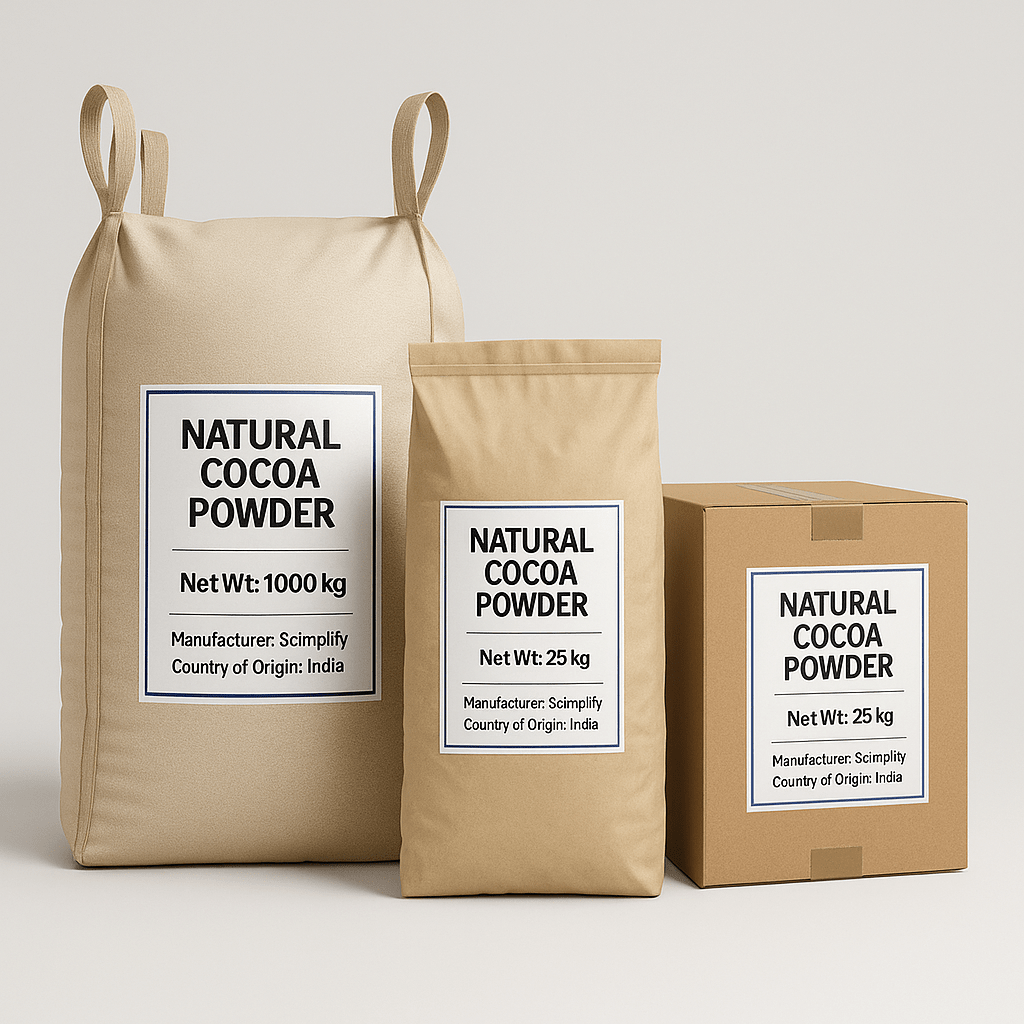
CAS No. : 84649-99-0
Category : Food Ingredients
Sub-Category : Cocoa & Chocolate Derivatives
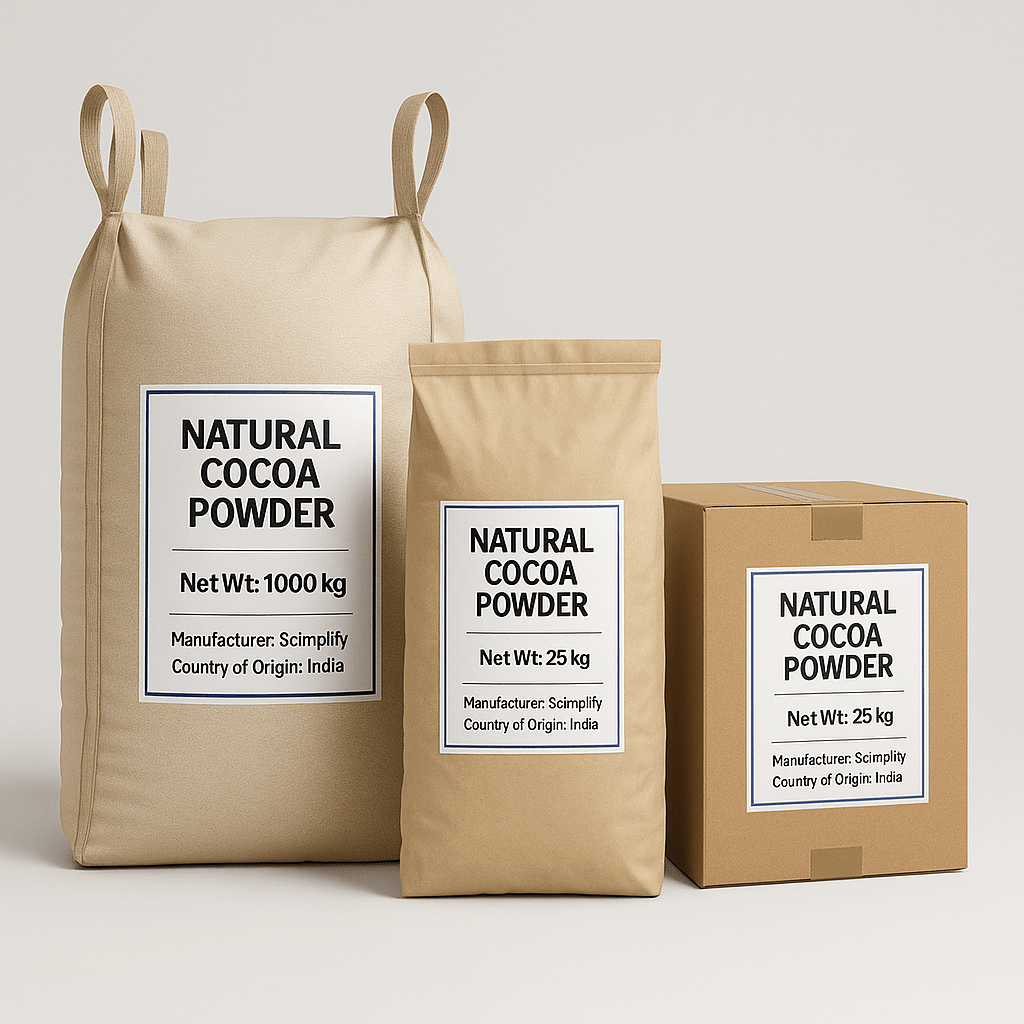
CAS No. : 84649-99-0
Category : Food Ingredients
Sub-Category : Cocoa & Chocolate Derivatives
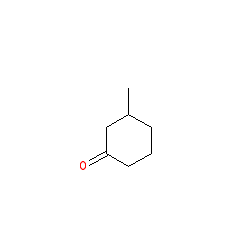
CAS No. : 36306-87-3
Category : Fragrance Ingredients
Sub-Category : Ionones & Ketones
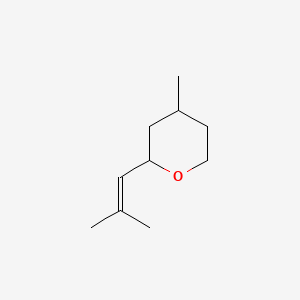
CAS No. : 16409-43-1
Category : Fragrance Ingredients
Sub-Category : Aroma Compounds
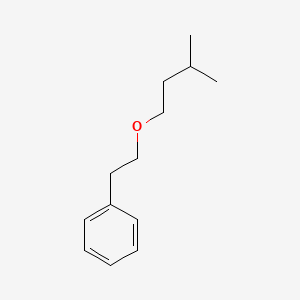
CAS No. : 56011-02-0
Category : Fragrance Ingredients
Sub-Category : Aliphatic Aromatic Ethers
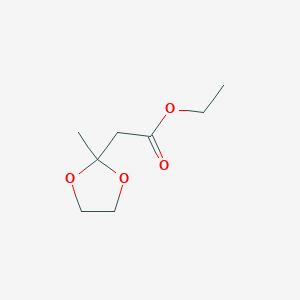
CAS No. : 6413-10-1
Category : Fragrance Ingredients
Sub-Category : Ketal Fruit Esters
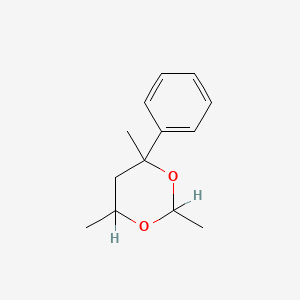
CAS No. : 5182-36-5
Category : Fragrance Ingredients
Sub-Category : Aroma Chemicals
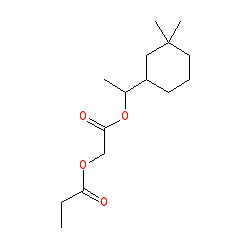
CAS No. : 236391-76-7
Category : Fragrance Ingredients
Sub-Category : Polycyclic Synthetic Musks

CAS No. : 236391-76-7
Category : Fragrance Ingredients
Sub-Category : Polycyclic Synthetic Musks
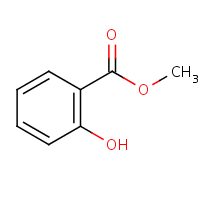
CAS No. : 119-36-8
Category : Fragrance Ingredients
Sub-Category : Aromatic Esters